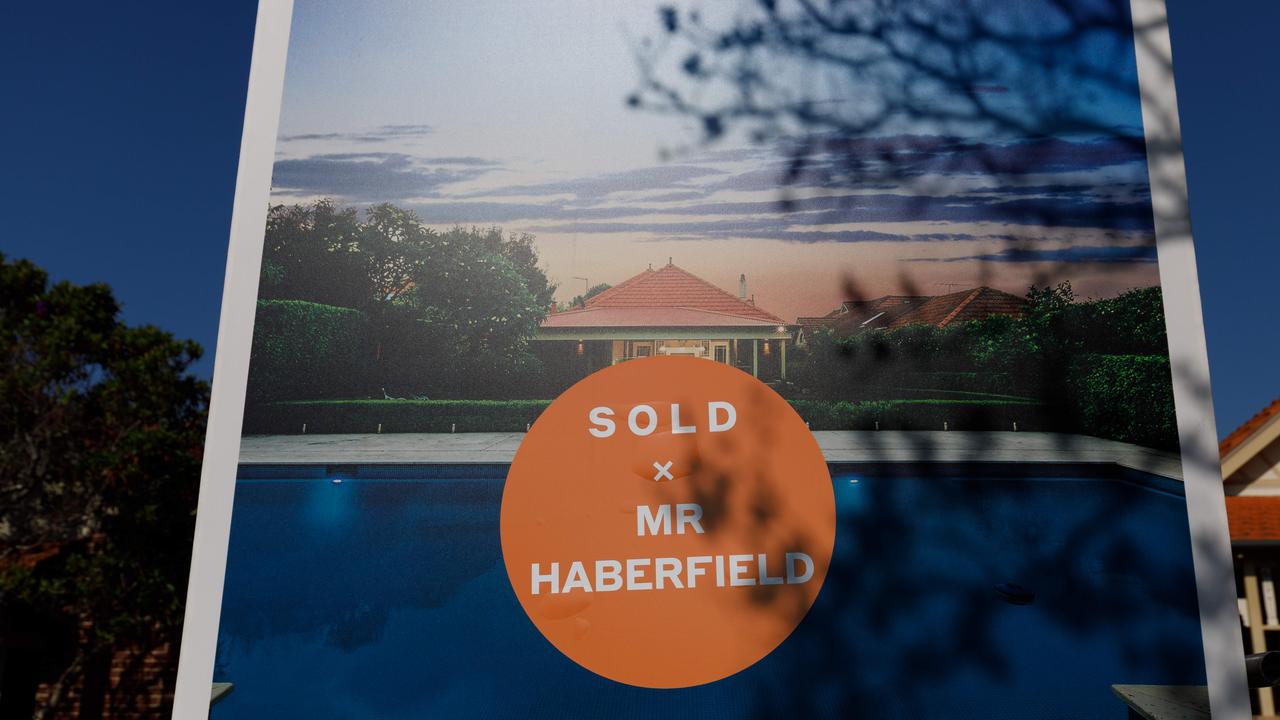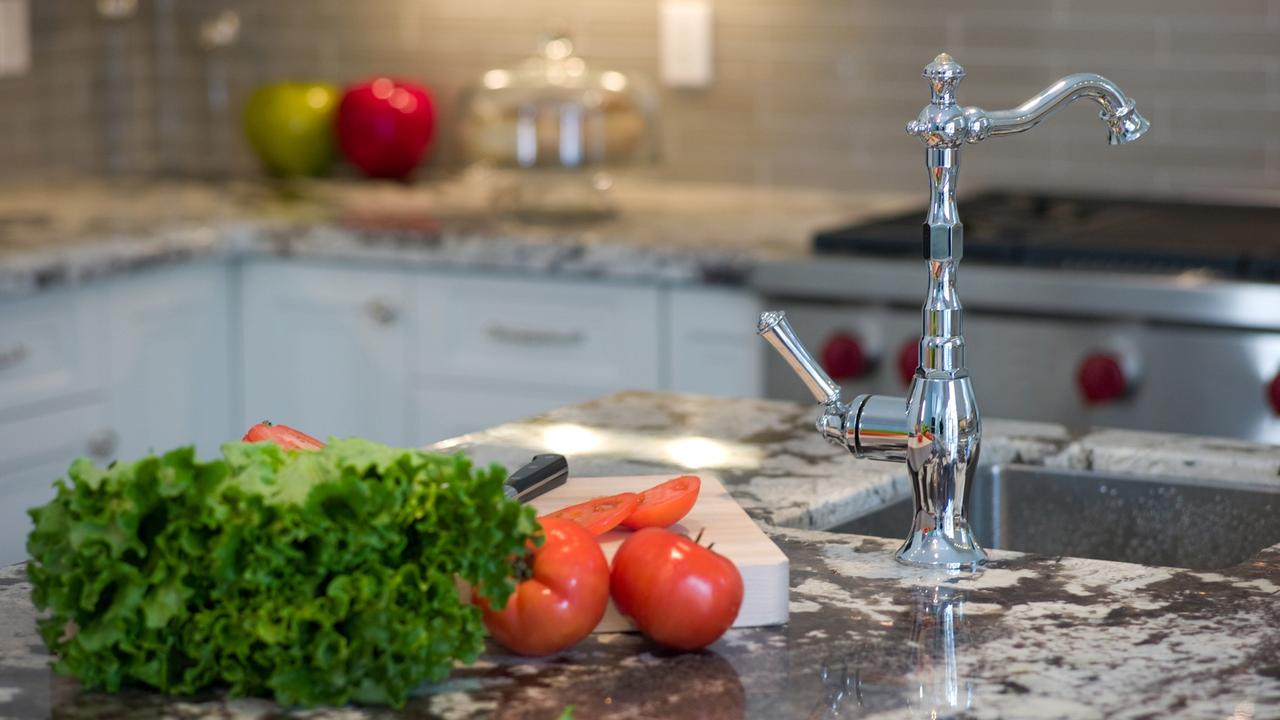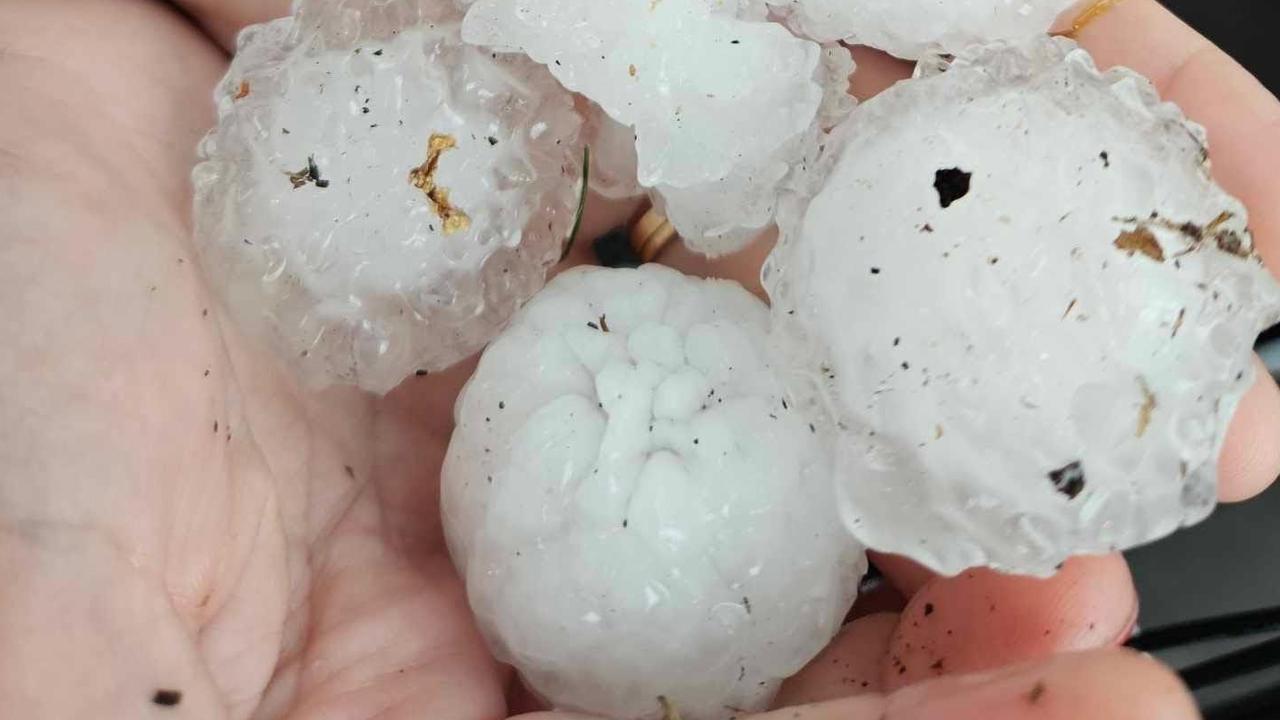Cleaning expert debunks the top 10 eco-cleaning myths
MANY people try to avoid chemicals in their home by opting for bicarb, salt and vinegar. Our expert looks at which tips work.
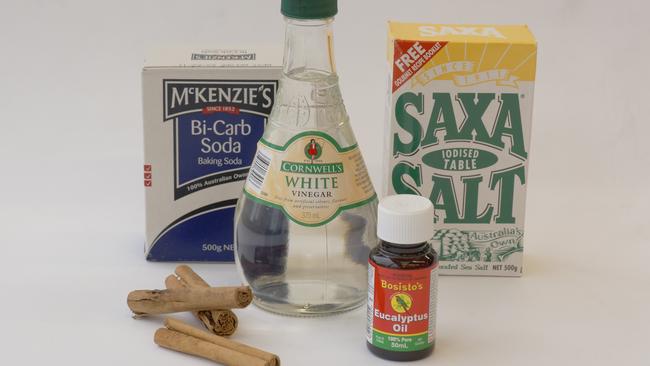
Home
Don't miss out on the headlines from Home. Followed categories will be added to My News.
INCREASINGLY people are trying to avoid toxic chemicals in their homes by relying on the good old fashioned cleaning tips passed down by our grandmothers.
The only issue is there are many myths surrounding cleaning with natural ingredients or ingredients you already have at home — such as coffee grounds as a drain cleaner, soda water to remove stains or vinegar for just about everything else. But what should you actually follow and what is completely absurd? In the lead up to World Environment Day (Sunday, June 5), Helpling’s cleaning expert Roxanna Pelka, is putting your grandma’s 10 natural cleaning tips to test.
1. Cleaning and unclogging pipes with coffee — FALSE
Coffee grounds don’t function like sandpaper or Draino — even if it seems that way. It doesn’t scrub the pipes of leftovers, rather, the grounds mix with the remains, clogging it even more, which can then be only removed by unscrewing the tube. A better solution: Pour four teaspoons of baking soda into the sink, then add a cup of vinegar. If fizziness and bubbles arise, rinse it down with hot water and your pipe will be unclogged.
2. Cleaning pots with tomato sauce — TRUE
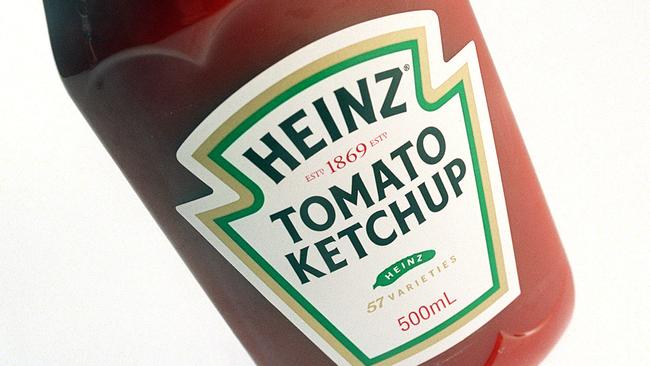
Have the back of your shiny metallic pots and pans been black for ages? You wouldn’t believe it, but tomato sauce actually helps. Stainless steel pots usually have a layer of copper, where copper oxide is formed during cooking. The tomato sauce on the other hand contains acetic acid, which attacks the copper active base of the pan. Simply apply a thick layer of sauce on the base of the pan and let it work its magic for 30 minutes. Then wipe it away and watch the black stains disappear right before your eyes.
3. Plants help get rid of dust — TRUE
Dust appears everywhere, even after having cleaned it away 10 minutes ago. Dust is particularly annoying and causes your allergies to flare up. Good news — not only do they just bring life to the living room, aesthetically, they also filter the pollutants from our air and provide us with fresh oxygen. Plants such as ferns and orchids catch the floating dust in the air on their leaves and can be wiped off with a damp cloth. Now you can take a deep breath again in your home!
4. Vinegar as a multipurpose cleaning agent — FALSE
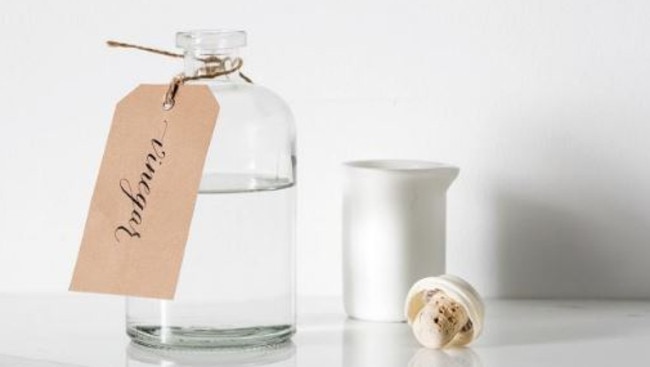
“Use vinegar — it works for everything.” Well ... almost. While vinegar has secured the reputation of being able to clean anything, this household product should not be over-estimated. For instance, natural stone surfaces such as granite and marble, as well as pipes or rubber seals, are unsuitable surfaces for the use of vinegar, and can even damage them. The acid from the vinegar actually reacts aggressively with these materials.
5. Wearing gloves is hygienic — FALSE
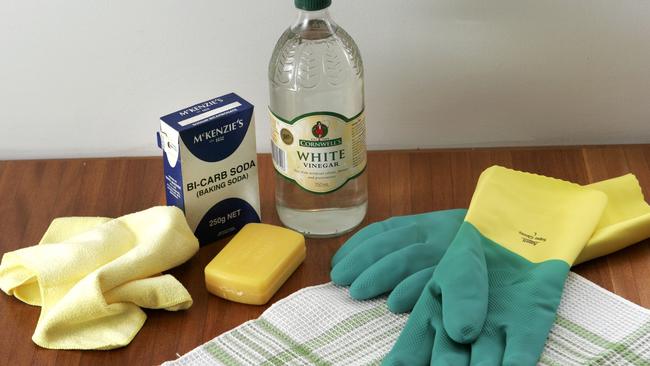
We slip into our cleaning gloves to protect ourselves from bacteria and germs without knowing that the inside of the gloves are often worse than the outside. The latex surface creates humidity and provides the perfect habitat for bacteria to spawn. To protect yourself from these bacteria, keep your gloves dry after each use. Simply place them in hot water mixed with two teaspoons of vinegar and a little detergent for 10-15 minutes. Afterwards, wring them thoroughly and dry them in a cool place.
6. Sparkling water removes stains — TRUE
Another stain on your shirt? Quickly grab a bottle with sparkling water or soda and let the carbon dioxide dissolve the colour and tannins from the fabric (it doesn’t work for fat or oil). The end results normally depends on the type of stain. he more carbon dioxide that is inside sparkling water, the easier it is to remove dirt. To use this method, saturate the spot and blot it up with a dry and absorbent cloth in a circular motion- always dab, never rub.
7. Lemon juice makes your exhaust duct shine again — TRUE
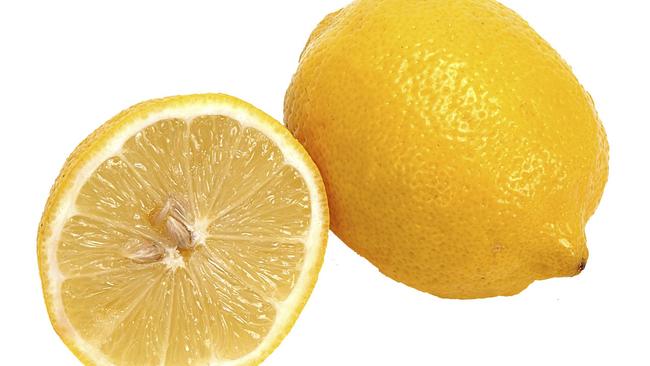
Our exhaust duct isn’t only a magnet for odours, but also for oil stains. To remove the sticky spots, cut the lemon in half and rub it all over the metal surface. The acid quickly and efficiently removes fats and oils. For stubborn stains, add a few drops of detergent on a cloth and gently rub the stains away. Avoid the use of stainless steel sponges, as they tend to scratch the hood, making it shine even less than before.
8. Oil gets rid of sticky residues on doors — TRUE
This tip does wonders here against stubborn glue and sticky residues on doors. The fatty acids in butter and oil dissolve the glue most effectively. Simply mix olive oil with a pinch of salt in a bowl and rub the olive oil mixture onto the sticky places with a kitchen cloth. Once the glue is rubbed off, wipe the area clean with a bit of water and some detergent.
9. Unclog your toilet with Coke — PARTIALLY TRUE
Many of us have witnessed the “Mentos and Coke” trick to unclog your toilet on YouTube. While this mixture generates high pressure, which can clear blockages, the pressure generated can be too great for the pipe, destroying it completely. For a milder and equally as effective method, pour hot but not boiling water one metre from the toilet bowl. The energy of the pour will remove the blockage without the mess.
10. Clean silver jewellery and silverware with toothpaste — TRUE
Is your silver jewellery starting to look dull? Just like your teeth, it turns out that toothpaste is the perfect solution for silverware. Get your trusty toothpaste (not gel) out of the bathroom and scrub the ornaments with a toothbrush. Rinse the toothpaste off by dipping the silverware into a cup of warm water. The oxidised silver particles will be quickly washed away and your jewellery will start to shine again.
Originally published as Cleaning expert debunks the top 10 eco-cleaning myths

